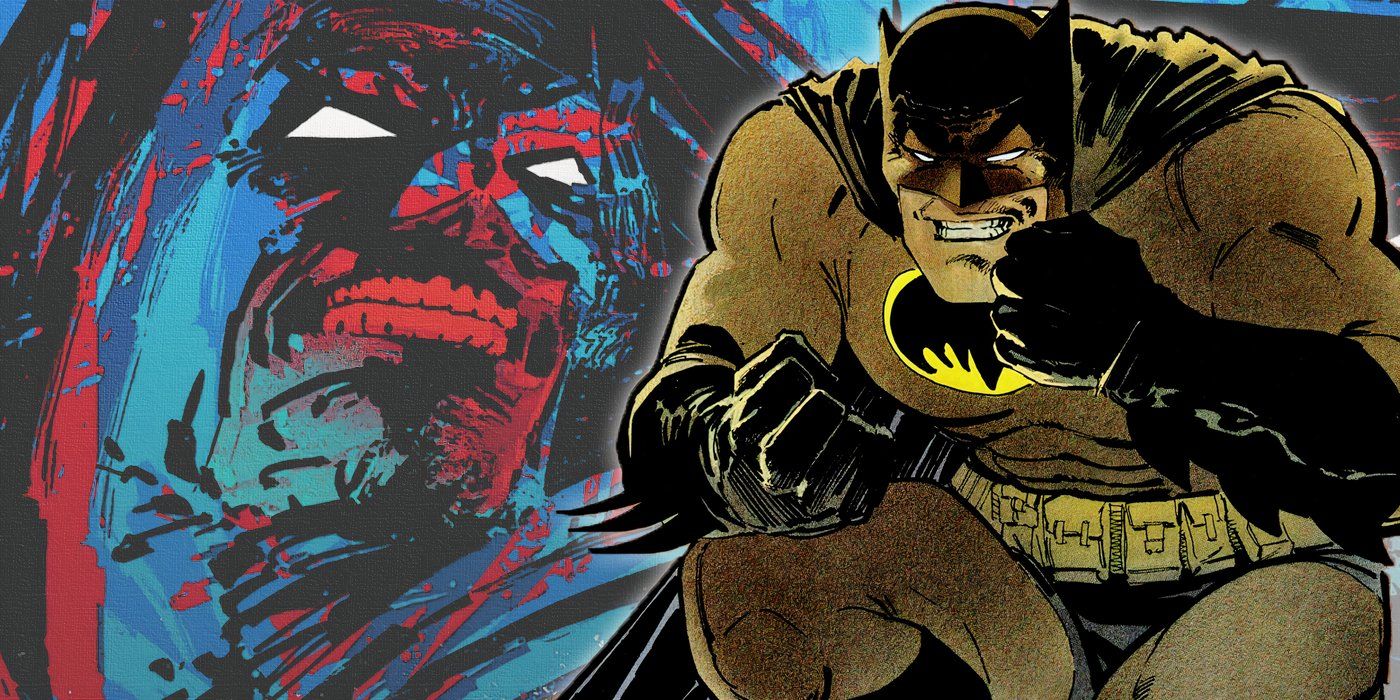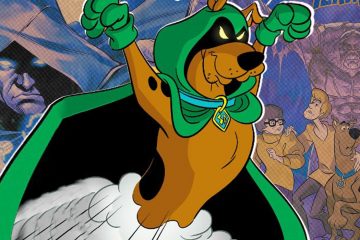Frank Miller single-handedly revolutionized the comic book industry when he wrote The Dark Knight Returns in 1986. Featuring an older, darker, and grittier Batman, The Dark Knight Returns took nearly every superhero convention and turned it on its head. What’s incredibly important to remember, though, is that, for all the shocking nature of how The Dark Knight Returns altered the makeup of a superhero story, it shined with a quality that will never lose its luster. The Dark Knight Returns, among other comics from the mid-’80s, gave rise to a brand-new mode of storytelling and identity for superheroes to adopt. Thanks to Frank Miller, the gritty anti-hero was born.
The impact of The Dark Knight Returns cannot be overstated. It not only gave Batman a facelift, it also allowed characters like Wolverine, Punisher, and Daredevil to find new ground to cover, as well. It pushed comics into a mature space, finally receiving them as viable art forms. The caliber of storytelling in The Dark Knight Returns brought a heavy yet fragile angle to Batman. It brought his classic dichotomy with Superman to a violent head. It proved that bone-breaking violence could work in a traditional superhero comic as long as it was written well. All this being said, learning that one of the most influential comics of all time would receive a sequel fourteen years later generated ludicrous amounts of excitement. What was given to fans in 2001 is often considered the worst Batman comic ever.
Batman is ideally a young man’s existence and not one for a fifty-five-year-old man. Despite being in tremendous shape, Bruce Wayne is well past his prime. But as he continues to push himself as Batman, pulling Gotham City away from the edge of oblivion, he comes to understand what it means to be a human forever longing to be a superhero. His rivalry with Superman is fueled by the fundamental belief that Batman’s existence is necessary and should not be handed off to a government or federal agency.
Frank Miller single-handedly revolutionized the comic book industry when he wrote The Dark Knight Returns in 1986. Featuring an older, darker, and grittier Batman, The Dark Knight Returns took nearly every superhero convention and turned it on its head. What’s incredibly important to remember, though, is that, for all the shocking nature of how The Dark Knight Returns altered the makeup of a superhero story, it shined with a quality that will never lose its luster. The Dark Knight Returns, among other comics from the mid-’80s, gave rise to a brand-new mode of storytelling and identity for superheroes to adopt. Thanks to Frank Miller, the gritty anti-hero was born.
The impact of The Dark Knight Returns cannot be overstated. It not only gave Batman a facelift, it also allowed characters like Wolverine, Punisher, and Daredevil to find new ground to cover, as well. It pushed comics into a mature space, finally receiving them as viable art forms. The caliber of storytelling in The Dark Knight Returns brought a heavy yet fragile angle to Batman. It brought his classic dichotomy with Superman to a violent head. It proved that bone-breaking violence could work in a traditional superhero comic as long as it was written well. All this being said, learning that one of the most influential comics of all time would receive a sequel fourteen years later generated ludicrous amounts of excitement. What was given to fans in 2001 is often considered the worst Batman comic ever.
Batman is ideally a young man’s existence and not one for a fifty-five-year-old man. Despite being in tremendous shape, Bruce Wayne is well past his prime. But as he continues to push himself as Batman, pulling Gotham City away from the edge of oblivion, he comes to understand what it means to be a human forever longing to be a superhero. His rivalry with Superman is fueled by the fundamental belief that Batman’s existence is necessary and should not be handed off to a government or federal agency.
#Frank #Millers #Dark #Knight #Returns #Sequel #Original
Note:- (Not all news on the site expresses the point of view of the site, but we transmit this news automatically and translate it through programmatic technology on the site and not from a human editor. The content is auto-generated from a syndicated feed.))



